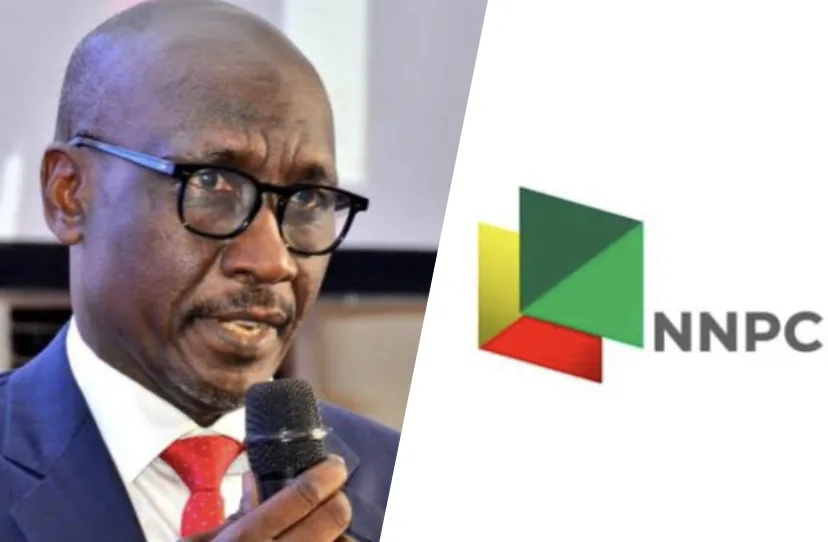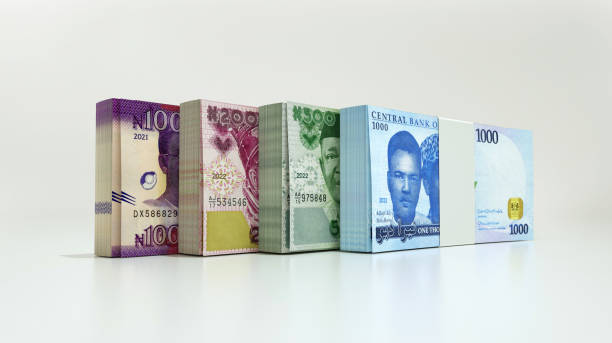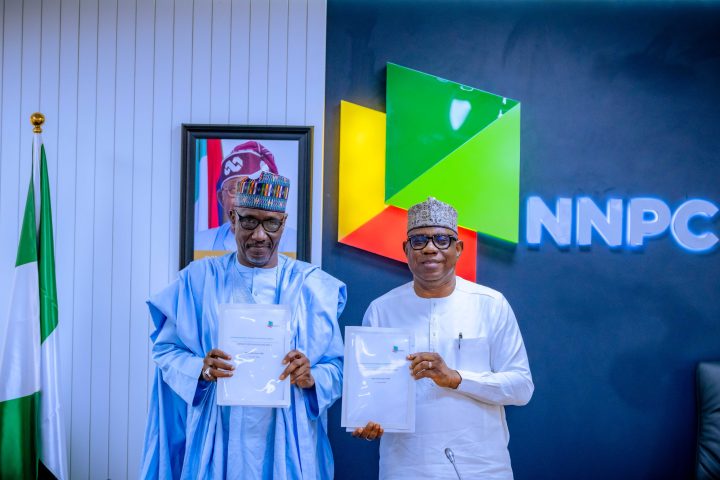The Nigerian National Petroleum Company Limited (NNPCL) has found itself at the centre of a financial and operational crisis that has left Nigerians reeling from the consequences. The NNPCL, once hailed as Nigeria’s most valuable asset, is now being viewed by many as a national embarrassment and a monumental failure. The company recently admitted to owing international oil traders a staggering $6.8 billion for petrol cargoes, leading to severe petrol shortages across the country.
NNPCL’s Financial Woes And Fuel Scarcity
For over two months, Nigerians have endured crippling fuel shortages, with petrol prices skyrocketing to between N800 and N1,000 per litre. Many petrol stations have run dry, leaving citizens to grapple with high transportation costs and widespread economic hardship. “It’s unacceptable that we’re paying so much for fuel, yet it’s still scarce. The NNPC has failed us,” said Chinedu Okoye, a frustrated commuter in Lagos.
Join our WhatsApp ChannelThe situation is particularly perplexing, given that the NNPCL declared a net profit of N3.29 trillion for the year ending in December 2023—an increase of over N700 billion from the previous year. Yet, the company’s inability to manage its finances and operations has led to this dire situation. Financial experts have raised concerns about the NNPCL’s liquidity, suggesting that the company has lost its “going concern” status. “If the NNPCL were a bank, it would have been liquidated by now,” remarked a financial analyst who wished to remain anonymous.
A History Of Ineptitude And Maladministration
The current crisis is not the first time the NNPCL has come under fire. The company has long been criticised for its inefficiency and lack of transparency. Its inability to manage Nigeria’s four refineries, which have a combined capacity of 445,000 barrels per day but have remained non-operational for over 30 years, is a glaring example of its failures. Successive administrations have spent over $20 billion in futile attempts to overhaul these refineries, with little to show for it.
In contrast, the privately-owned Dangote Refinery, with a capacity of 650,000 barrels per day, as reported by Prime Business Africa, was completed within eight years and has already started delivering fuel. This comparison has only heightened calls for the NNPCL to be privatised. “The NNPC is a disaster. It’s time we let the private sector take over and run it efficiently,” said Musa Ibrahim, an Abuja-based entrepreneur.
READ ALSO: Petrol Price To Hit N1,300, NNPCL Faces Financial Strain
The Case For Privatisation
As Nigeria’s supposed custodian of vast oil and gas assets, the NNPCL is expected to rival other national oil companies like Malaysia’s Petronas and Brazil’s Petrobras. Instead, it has become a source of distress for the nation, failing to guarantee energy security or provide a steady revenue stream for the government.
The NNPCL’s operations have been marred by a lack of accountability, with the company often withholding remittances due to the Federation Account, citing the need to cover petrol subsidy costs. In June 2023, the Revenue Mobilisation Allocation and Fiscal Commission reported that the NNPCL had withheld about N8.48 trillion in subsidies since January 2022. Additionally, the Nigeria Extractive Industries Transparency Initiative (NEITI) disclosed that the company failed to remit $2 billion in taxes to the federal government in 2022.
This chronic mismanagement has led to growing calls for its privatisation. Advocates argue that privatisation would bring in much-needed fresh capital and expertise, allowing the company to operate more efficiently and profitably. “Privatising the NNPC is long overdue. The government needs to let go and allow private investors to turn things around,” said Ngozi Nwafor, an economist in Lagos.
Privatisation As The Way Forward
The success of privatised entities like the Nigeria LNG, where the NNPCL owns a 49% stake, and the Eleme Petrochemicals company, which was sold to Indorama Group in 2006, has bolstered the case for NNPCL’s privatisation. Under private management, these companies have thrived, generating significant revenue and operating efficiently. The Eleme Petrochemicals company, for instance, paid its owners a dividend of N9.5 billion just one year after its sale, highlighting the potential benefits of privatization.
However, Nigerians are wary of repeating the mistakes made during the privatisation of the power sector, where politically connected individuals with no expertise hijacked the process. To avoid such pitfalls, experts recommend involving credible international institutions like Standard & Poor’s and KPMG to oversee the privatisation process. They also suggest listing the NNPCL on the stock exchange, with the government relinquishing control to ensure transparency and attract serious investors.
Political Will And The Future Of NNPCL
President Bola Tinubu, who took the bold step of removing petrol subsidies in May 2023, is now under pressure to muster the political will to privatise the NNPC. “The time for half-measures is over. We need decisive action to save our economy,” said a senior government official. Privatisation, if done correctly, could provide the massive cash injection Nigeria desperately needs to address its ballooning national debt and stimulate economic growth.
As the NNPCL’s debt crisis continues to cripple the nation, the call for privatisation grows louder. Nigerians are demanding accountability and efficiency, and many believe that only the private sector can deliver. The question now is whether the government will heed these calls or continue to allow the NNPCL to drag the nation further into economic despair.
Emmanuel Ochayi is a journalist. He is a graduate of the University of Lagos, School of first choice and the nations pride. Emmanuel is keen on exploring writing angles in different areas, including Business, climate change, politics, Education, and others.
- Emmanuel Ochayihttps://www.primebusiness.africa/author/ochayi/
- Emmanuel Ochayihttps://www.primebusiness.africa/author/ochayi/
- Emmanuel Ochayihttps://www.primebusiness.africa/author/ochayi/
- Emmanuel Ochayihttps://www.primebusiness.africa/author/ochayi/


















Follow Us